For Nunavik Inuit, care closer to home could cut down on stressful medical travel
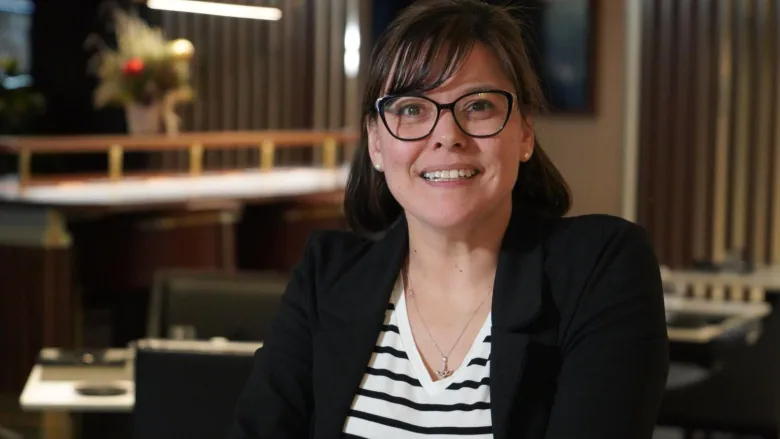
· CBC News ·
Plans for new hospital could reduce the number of patients forced to travel south
If a patient in Nunavik requires specialized medical care, they have to get on a plane and travel more than 1,400 kilometres to Montreal.
But a new regional hospital proposed in Kuujjuaq, Que., could help keep some patients closer to home.
“We deserve it. We need it,” said Jennifer Munick-Watkins, the new executive director of the Nunavik Regional Board of Health and Social Services, which has been pressing for a better hospital for years.
Nunavik, the autonomous region of northern Quebec, is currently served by two health-care centres, one on each coast — Ungava Bay and Hudson Bay.
The hospitals are small and outdated and only offer basic services. Occasionally, specialists are flown in to treat patients, but their availability is limited.
As a result, thousands of patients who need specialized medical care have no other option but to fly south.
That includes everyone from expectant mothers with high-risk pregnancies and patients who need cancer treatment, dialysis or more complex surgeries. It has been this way for decades.
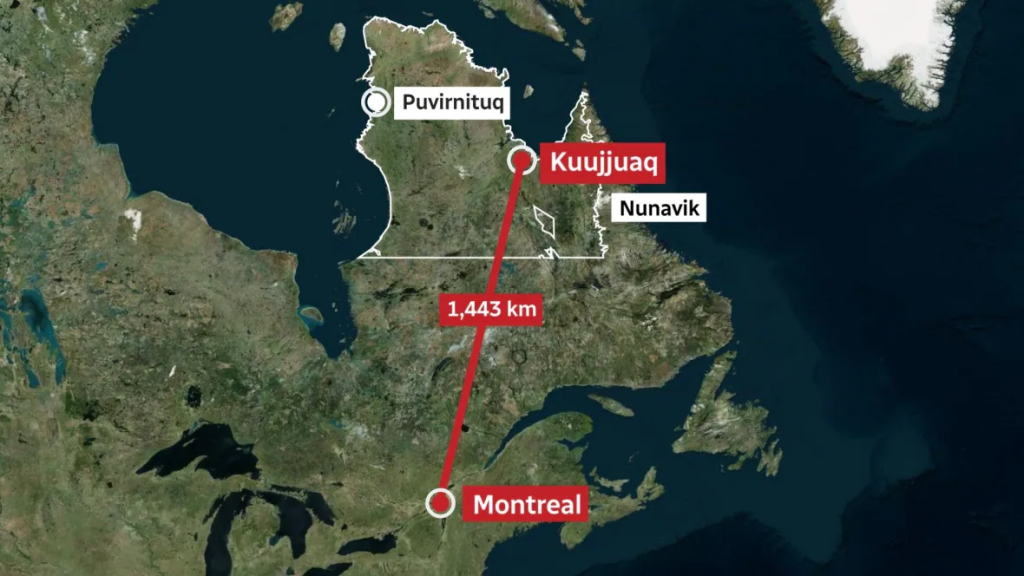
Being unwell far from home and away from family and friends is stressful.
“First of all, their first language is Inuktitut, so that means they are already stressed out in ensuring they’re going to have a good translator,” said Munick-Watkins.
Many patients are elderly and need to be accompanied by an escort. Typically, an extended family member will make the trip with them, but it’s disruptive and can cause financial hardship.
Municik-Watikins, an Inuk who grew up in Kuujjuaq, is eager to see the hospital finally built.
“I’ve heard about it for years, since I was a little girl,” she said.
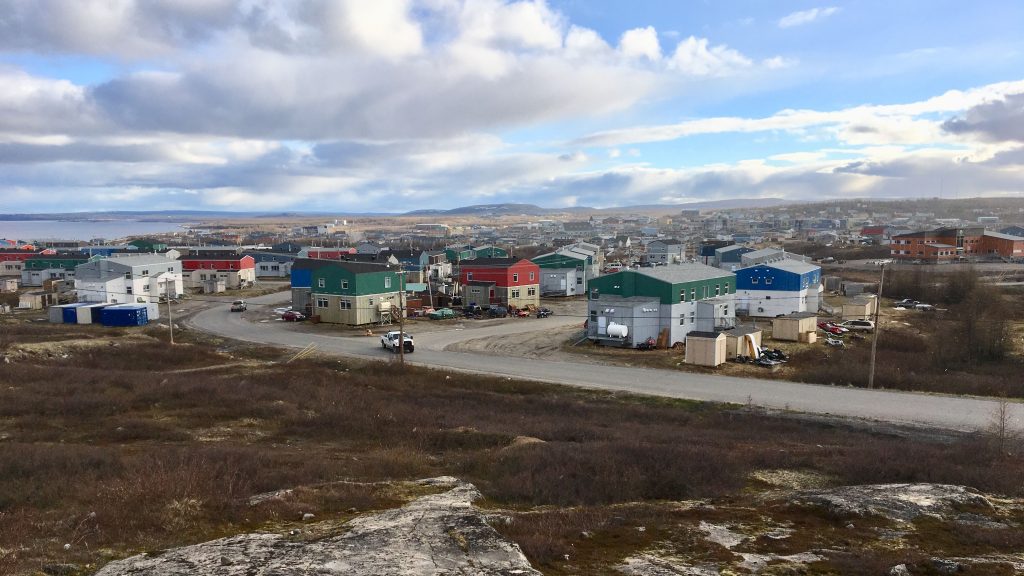
The benefits of local care
The journey to Montreal for medical care is common among residents of Nunavik.
More than 5,000 patients and roughly 2,000 escorts travelled to Montreal from Nunavik in 2019-2020, according to Quebec’s Ministry of Health. (In the first year of the pandemic, those numbers dropped slightly.)
“I think there are a lot of questions that can be posed about the model of health care that has been essentially imposed,” said Richard Budgell, a Labrador Inuk and an assistant professor in the department of family medicine at McGill University who teaches about Inuit health.
Every year, medical transportation between Nunavik and Montreal costs the province tens of millions of dollars.
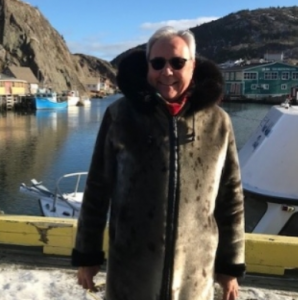
While patients recover or receive treatment, they stay at Ullivik, a rest home which opened in 2016 near the airport.
But the transition to living in Montreal, albeit temporarily, can be jarring for some Nunavik residents.
An investigation by CBC News found problems with how the centre was managed and patients have repeatedly complained about the facility’s cleanliness, food and treatment by staff.
“What we’re talking about is temporary housing that can go on for a period of weeks, even months for some people who are either ill or injured,” said Budgell. “It’s probably fair to say that almost without exception, nobody really wants to be in that facility.”
Although the new hospital wouldn’t eliminate all medical transportation, better access to medical care in the North could reduce the number of trips — and improve quality of care.
“If care is being provided in your own community or at least in your own region, then the likelihood of that care being culturally safe for Inuit is better,” said Budgell.
“People don’t mind going from a smaller community to Kuujjuaq or Puvirnituq as much as they might mind coming to Montreal.”

Building it, then staffing it
Details of what services would be offered at the new regional hospital are still being worked out. The Nunavik health board and the Ministry of Health are in the planning stage.
Since the province set aside $462 million in 2018-2019 for the project, construction costs have climbed dramatically, so the final bill may be much higher, said Marie-Claude Lacasse, a spokesperson for the Ministry of Health.
Once the clinical plan is complete, an exact location will be determined and a timeline and budget will be finalized, said Lacasse.
Building the hospital is the first hurdle. Finding the people to staff it will be another challenge, said Munick-Watkins.
Nunavik is already struggling with a severe shortage of doctors and nurses, particularly on the Hudson Bay side of the region.
“We don’t close the hospitals or the CLSCs. We just make sure the services are still there, but sometimes it’s only when emergencies occur,” said Munick-Watkins.
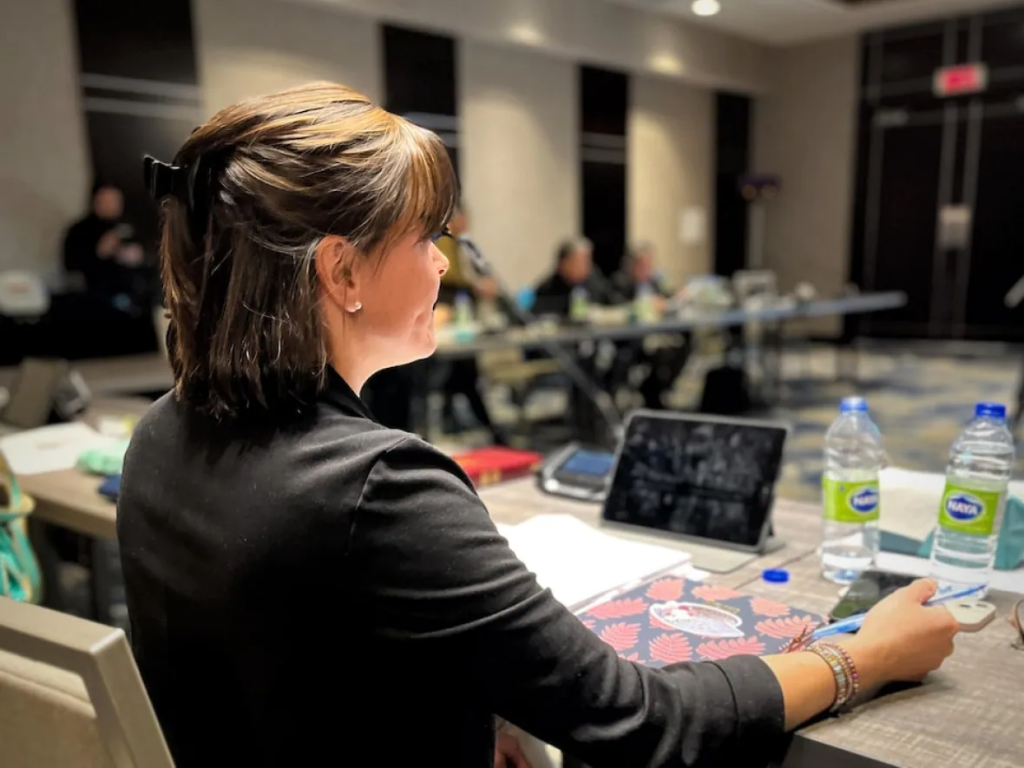
Given the labour challenges, the government would be wise to invest in programs that train health professionals from the Inuit population, said Christopher Fletcher, a professor in the department of social and preventive medicine at Université Laval.
Fletcher used to oversee the First Nations and Inuit students in medicine program and thinks the success it achieved in attracting Indigenous students could be replicated in other disciplines, particularly nursing.
Fletcher said research shows patients have better outcomes when the health-care provider and the patient share the same background and language.
Equal pay for equal work could be a good starting point in attracting more Inuit into the health profession, said Munick-Watkins.
Right now, Inuit employees in the Nunavik health network are paid less than employees recruited from the south.
The working conditions are also unequal, as those from the south receive a housing allowance and other perks.
She said both health centres are unionized and have collective agreements.
“We’re going to have to figure out how we’re going to iron this out in the coming weeks and months ahead,” she said.
Related stories from around the North:
Canada: Election Spotlight—Health Care in Nunavik, Eye on the Arctic
Greenland: Greenland to reduce services amidst staffing shortages in health care system, Eye on the Arctic



